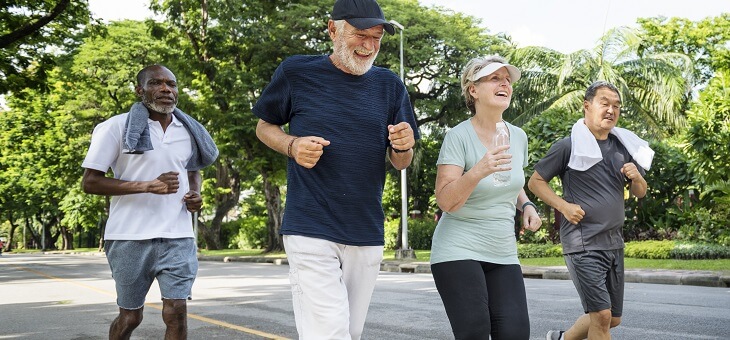It’s common to feel more confident in yourself and your abilities as you get older. But sometimes too much confidence can be bad for your health.
Your level of confidence affects your behaviour in everyday life. People who overestimate their abilities often earn more and are more likely to be leaders. But generally, they also take more risks, have more accidents and live less healthy lives.
By contrast, those who underestimate their abilities usually earn less than the average and don’t make good leaders; but they are less likely to take more risks and live an unhealthy life.
The same pattern can be seen when it comes to health checks – and the consequences can be serious.
Read: Flu vaccinations are being urged. How effective is the winter jab?
A study from the University of Vienna shows that high-confidence individuals tend to overestimate the state of their health and, as a result, visit their doctor 17 per cent less often than less confident people.
Regular doctor visits, even if you’re feeling fine, are crucial in detecting problems while they can be treated.
The research also shows that people with low confidence tend to underestimate the state of their health and see a doctor 21 per cent less frequently.
Importantly, how you view your health did not seem to correlate with the number of hospital visits a person makes – most likely because these require a referral from a doctor and are not based on personal opinion.
Read: Why weight-bearing exercises are vital as we age
The study looked at data from more than 80,0000 people aged 50 and over, collected as part of the Survey of Health, Ageing and Retirement in Europe (SHARE).
Participants were first asked how they personally would assess their health. For example, would they say they had problems getting up from chairs after sitting for long periods?
Then, using the same example, participants would be required to actually sit in a chair and get up to test the reality. In this way, the researchers could determine whether someone was likely to overestimate, underestimate or accurately assess their health and abilities.
Overall, the majority of survey participants correctly assess their health (79 per cent), (11 per cent) overestimate and 10 per cent underestimate.
Read: When to see a doctor about joint pain
Regular doctor visits become even more important as we age.
According to Healthdirect, there are a number of annual screening tests you should get once you hit your 70s, even if you are otherwise healthy. These include an osteoporosis assessment, dental check-up, hearing and vision tests and, of course, your vaccinations.
You should also consider a heart disease risk assessment, blood pressure checks and bowel cancer screening.
If you enjoy our content, don’t keep it to yourself. Share our free eNews with your friends and encourage them to sign up.

